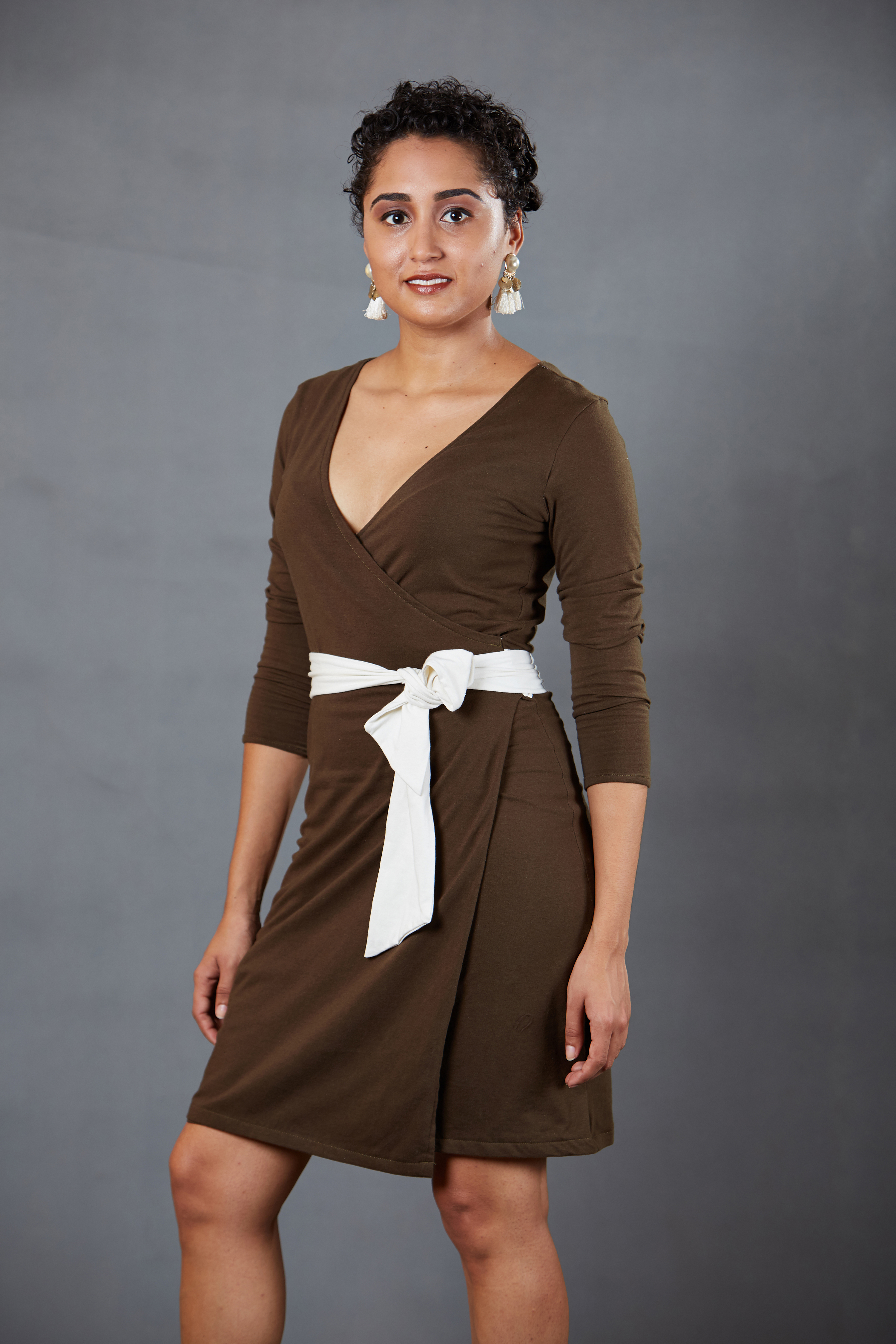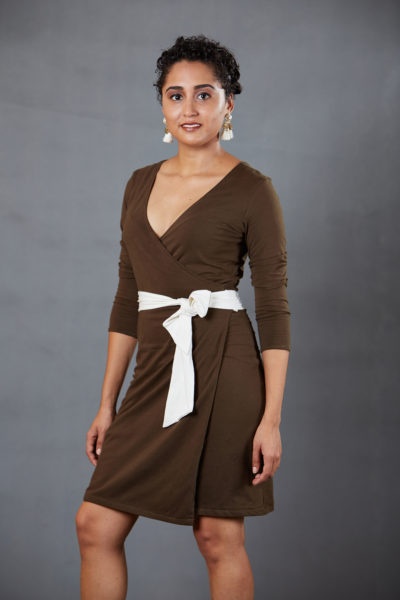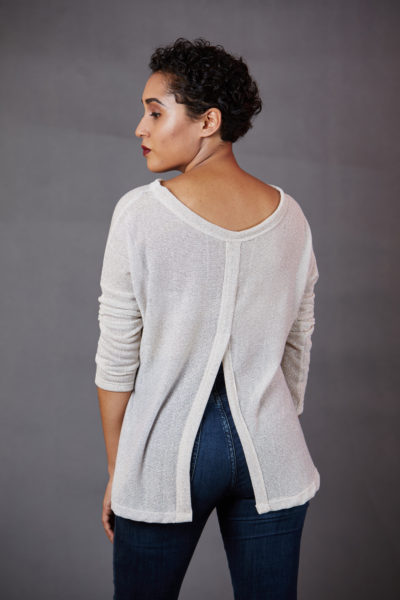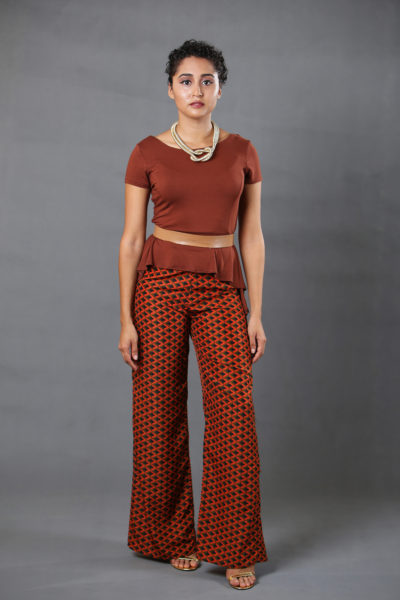Brooke Glasford is a thoughtful, engaging 25-year-old who is announcing her presence in the local fashion industry following a six-year sojourn in Canada.
She brings with her a seeming fixation with carving her own niche in an industry that is both complex and competitive, believing that she stands more than a fair chance of getting it right, given the ingenuity of her business plan and the competitive advantage which she has of being intimate with the clothing industry. Her initiative named simply,
Brooke, was launched on January 17 and her ready-to-wear line is available online for ordering.
Her initiative, she says, derives from what she sees as a distinct opening in the local fashion market. “We saw a serious gap in the market for tasteful, appropriate clothing that can be translated from work to play for women living in tropical urban centres,” she says.
Then there is the matter of her intimacy with the clothing factory environment having, she says, “grown up” in one. These days, she is partnered with her father, Brian Glasford, who, since 1991, has owned and operated the successful Caribbean Clothing Company Ltd in Lama Avenue, Bel Air Park. The partnership has placed at her disposal both the infrastructure and the skills to take Brooke forward. The concept of her collection, she says, is to have the pieces all assembled at a local factory, an option which she says, will prove more costly than outsourcing to China, Cambodia or India. She insists, however, that an initiative of this kind “will positively impact the Guyanese economy.”
Glasford’s training in Fashion and Business at Seneca College in Toronto coupled with her experience of the First World fashion industry has, she believes, positioned her to create a business model that can redound to the broader benefit of the local market. Her plan, she says, includes no “bricks and mortar” retail outlet and option which she considers to be “probably too expensive to be sustainable in a market so small.” Instead, she intends to pursue the various marketing mechanisms offered by the information superhighway, particularly online shopping. Her marketing thrust will also take account of the opportunity afforded by urban shopping malls and strategic spaces to pursue “pop-up shops,” short-term sorties into conventional trading that will come and go. Part of her interest, she says, is in getting the attention of working women, creating a tasteful and appropriate nexus between fashion and everyday work.
Beyond the modest confines of the Guyana market. There is a hemispheric perspective to her marketing plan, one that embraces the far more lucrative market of the fashion-conscious territories of the Americas, notably South America. Here, an online ‘offensive’ is contemplated. “Testing online is cost-effective,” she says.
There is, Glasford says, a broader sense of mission to her pursuit. She wants to reach out to the local fashion industry, to share, she says, and to learn. Her plans, she says, includes possible networking with the local business support organizations including the Georgetown Chamber of Commerce and Industry.
“At Brooke,” she says, “we believe that a huge part of looking good is feeling good, and we want you to get that good feeling every time you buy from us. Because of this we have come up with a costing strategy that allows us to donate a portion of each sale to one of the charities we support here in Guyana.”












